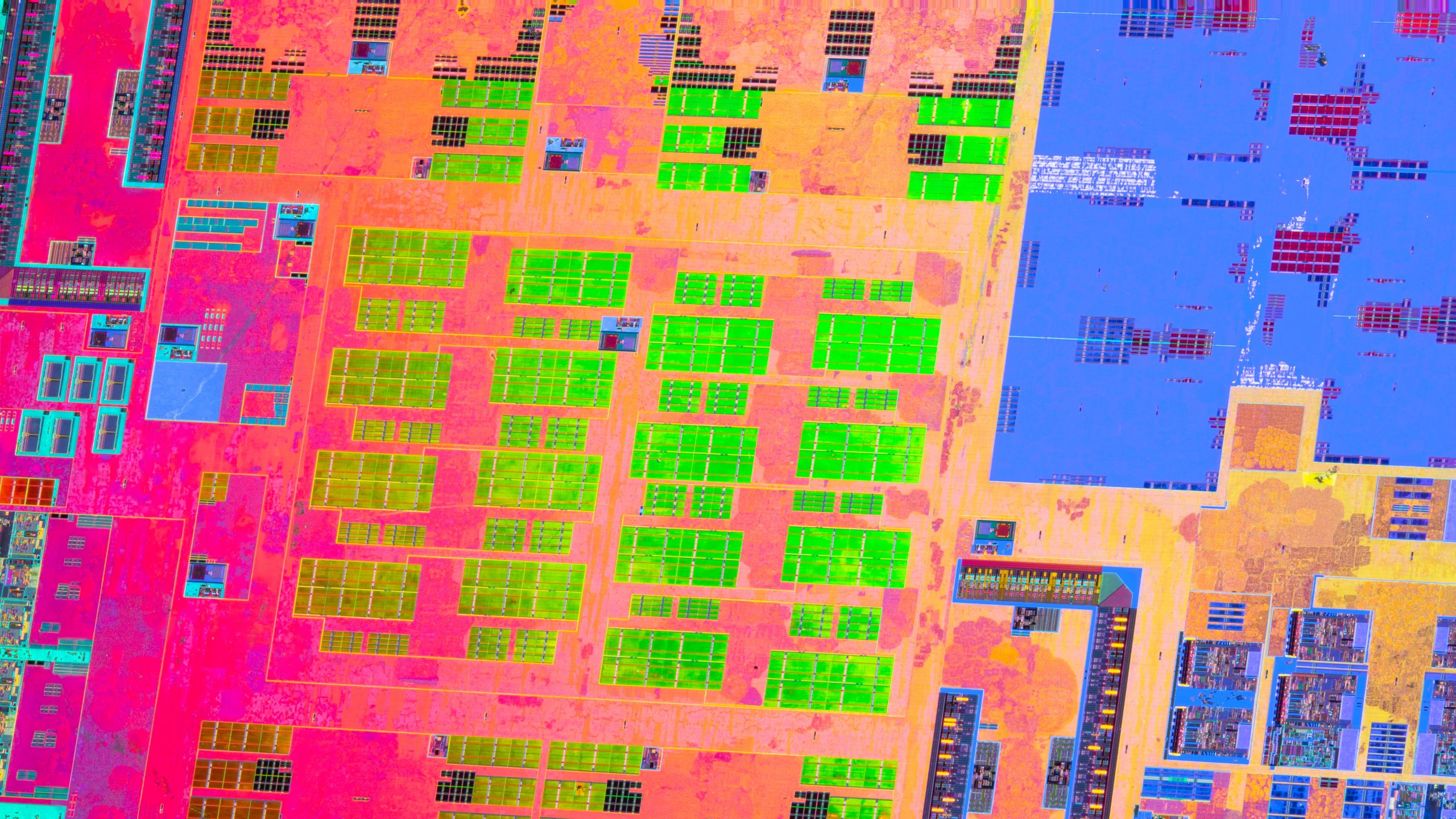Welcome to the website of the Digital Geographies Research Group (DGRG).
We are an academic research group of the Royal Geographical Society with the Institute of British Geographers (RGS-IBG).
Digital technologies are changing the life worlds we research as well as the very way we ourselves undertake research and teaching. Therefore this group seeks to be a welcoming forum to discuss these changes for geographers from different epistemic and methodological traditions, and for those conducting theoretical as well as applied research work. The DGRG is a platform for exchanges within and between sub-disciplines, engaging with the diversity of geographies of and through the digital, and thereby nurtures and deepens discussion of geographical digital scholarship and practice.
Our AGM is the point of the year when the committee reports to the membership and we all reflect on what has been achieved in the last year, plan the next year, and hear new suggestions for how the group is run and what it can do. We also elect committee members for open positions, and farewell previous committee members who are leaving. All ideas and suggestions are very welcome.
LATEST NEWS: Statement from the Digital Geographies Research Group (RGS-IBG)
The Royal Geographical Society’s (RGS-IBG) Digital Geographies Research Group (DGRG) are deeply concerned about the impacts and implications of ongoing crises facing Geography departments in UK Universities. From announced closures to proposed and potential redundancies, such processes and pressures directly impact digital geography research group members, geography colleagues, and the discipline more widely.
Geography remains a discipline vital in understanding and responding to a changing world punctuated by complex and intersecting issues and crises. As a discipline, Geography is underpinned by notions and practices of justice, equity, and activism. The current sectoral crises see these issues touch down in our institutions and impact the daily lives of University staff and students. As a research group, we stand in solidarity with the Royal Geographical Society’s concerns relating to the current situation in many UK universities and recognise those impacted by and experiencing the effects of precarity, and encourage DGRG members to offer their support. Please consider signing and circulating petitions (e.g. Save Geography at the University of Leicester), supporting striking colleagues, engaging with upcoming DGRG events on precarity, and/or extending other forms of solidarity to our (digital) geography community.
Our latest Work in Progress video series is up now
Eurovision fandom, working from home privacy, place and location, and more! View on our YouTube channel
